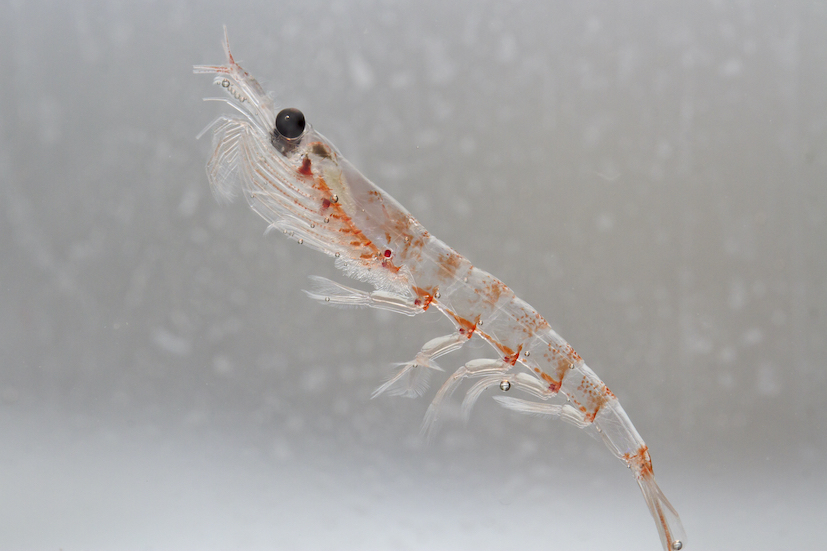Vietnam is intensifying its efforts to transform its aquaculture industry into a key player in the global market by prioritising sustainability. The shift towards greener practices across the entire seafood supply chain, from farming to distribution, is critical as international demand for responsibly sourced seafood rises.
Vietnamese seafood exporters are under increasing pressure to meet stringent environmental standards. To remain competitive, exporters must ensure their products are traceable, certified as environmentally sustainable, and adhere to international low-emission criteria. Failure to comply with these expectations could result in losing access to lucrative global markets.
The Vietnamese government is backing this transition through a comprehensive marine aquaculture development plan, aiming for 300,000 hectares of marine farming by 2030. This will generate 1.4 million tonnes of seafood annually, contributing between USD 1.8 billion and USD 2 billion to export revenues. The plan places a strong emphasis on leveraging advanced technologies and modern management practices to optimise offshore operations.
Additionally, the government is integrating expertise from industries like oil and gas, shipbuilding, and maritime transport to ensure the development of a sustainable marine economy, capitalising on Vietnam’s extensive coastline and its potential for farming high-value species such as snapper, lobster, and cobia.


